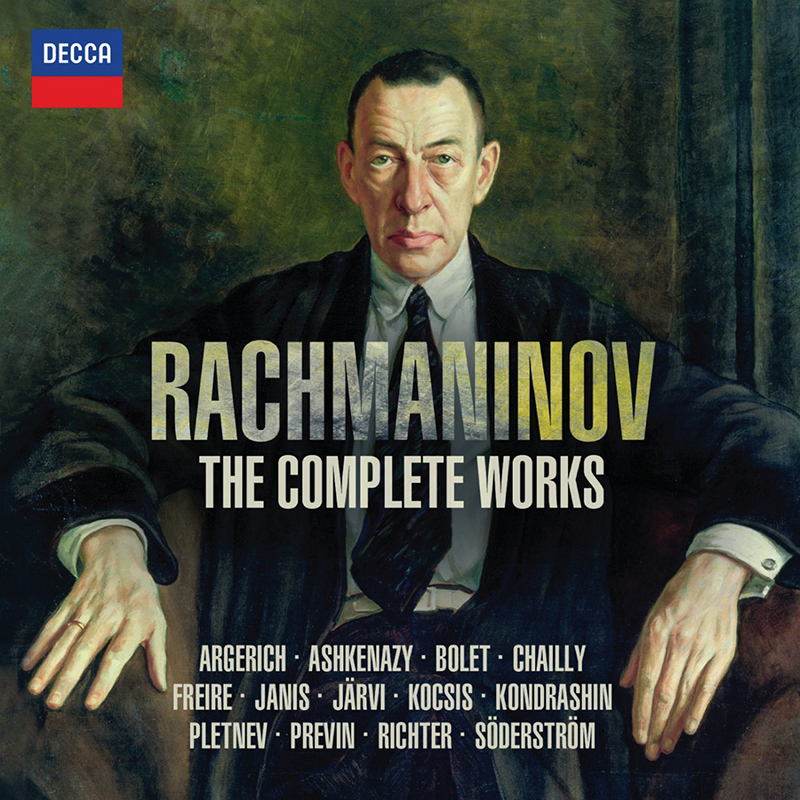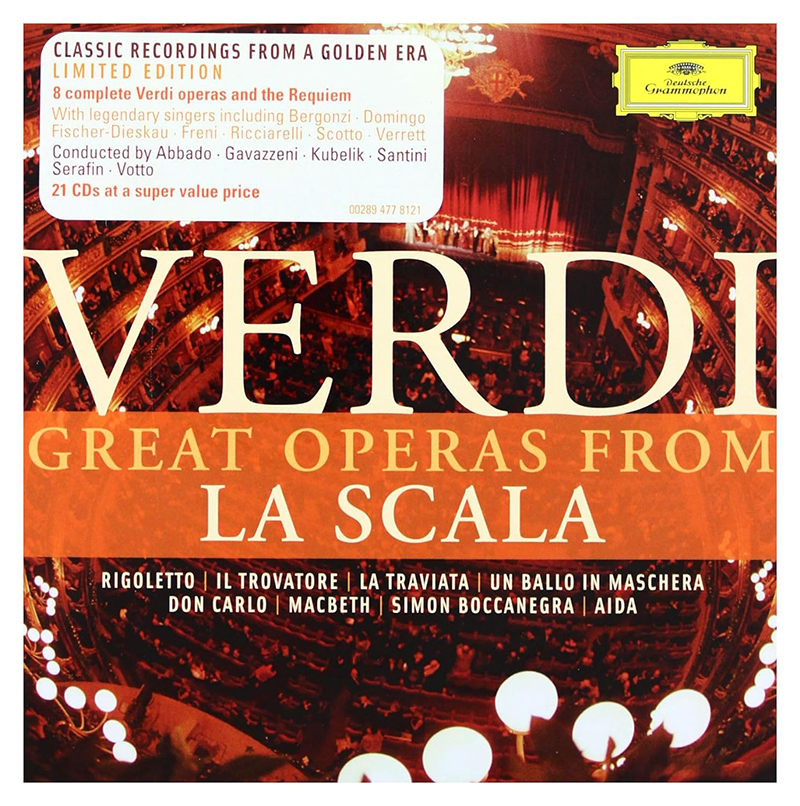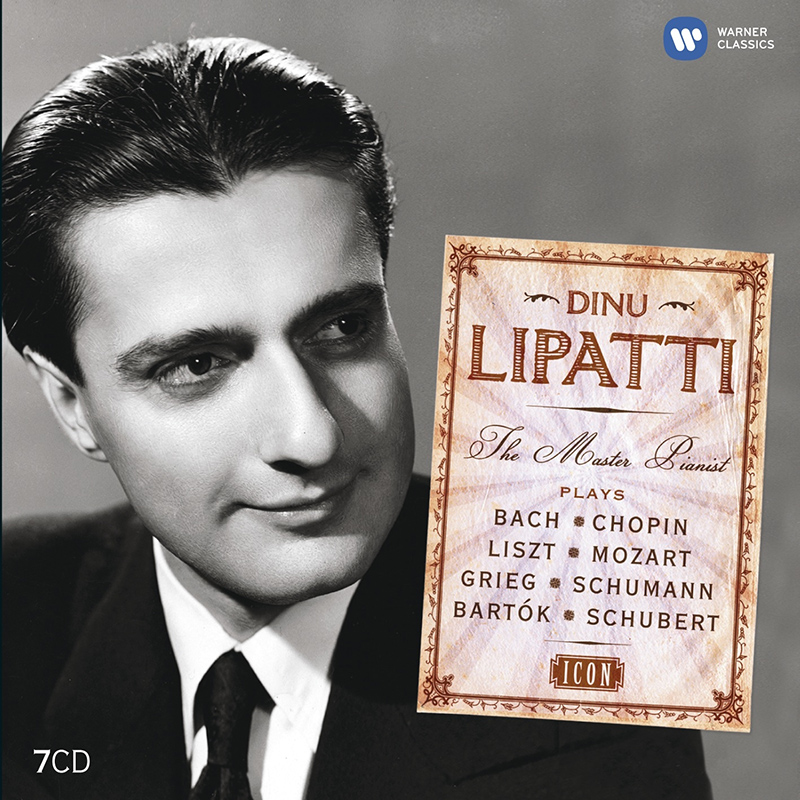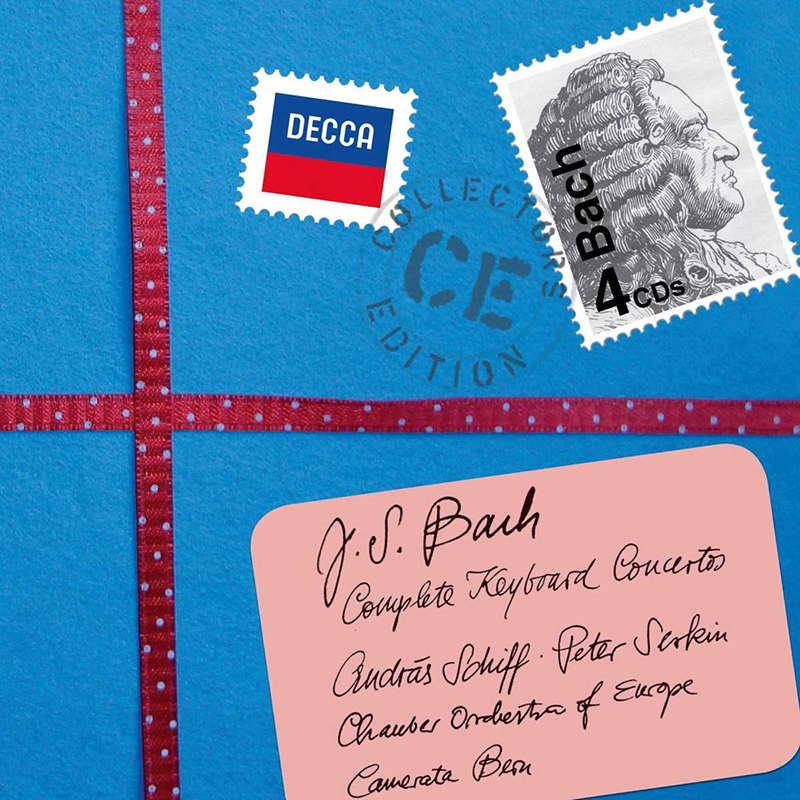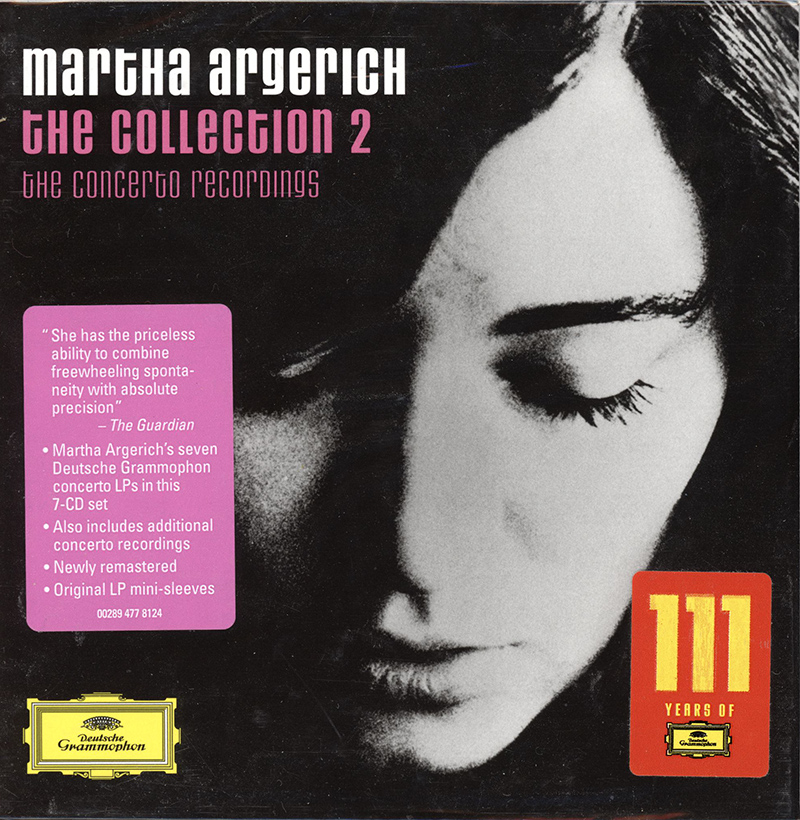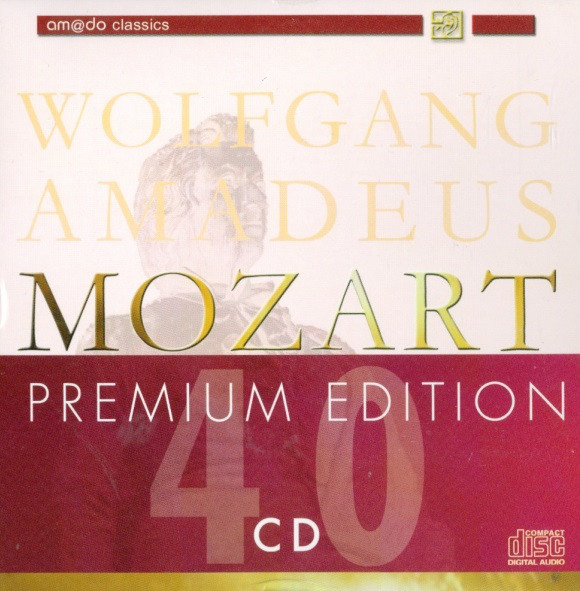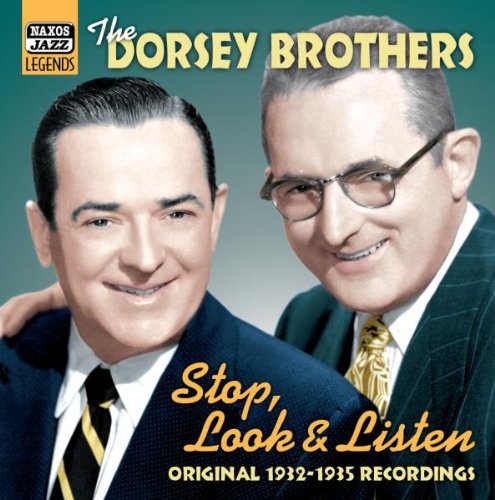Logowanie
KOLEKCJE!
BACH, CHOPIN, LISZT, MOZART, GRIEG, Dinu Lipatti, Otto Ackermann, Ernest Ansermet
The Master Pianist
PROKOFIEV, CHOPIN, TCHAIKOVSKY, SCHUMANN, BEETHOVEN, Martha Argerich, Claudio Abbado, Giuseppe Sinopoli
The Concerto Recordings
The Collection 2
Jakość LABORATORYJNA!
ORFF, Gundula Janowitz, Gerhard Stolze, Dietrich-Fischer Dieskau, Deutsche Oper Berlin, Eugen Jochum
Carmina Burana
ESOTERIC - NUMER JEDEN W ŚWIECIE AUDIOFILII I MELOMANÓW - SACD HYBR
Winylowy niezbędnik
ClearAudio
Essence MC
kumulacja zoptymalizowana: najlepsze z najważniejszych i najważniejsze z najlepszych cech przetworników Clearaudio
Direct-To-Disc
PIAZZOLLA, ChamberJam Europe
Tangos del Ángel y del Diablo
Direct-to-Disc ( D2D ) - Numbered Limited Edition
Dorsey Brothers
Stop, Look And Listen (1932-1935)
- Dorsey Brothers - artist
The leader of one of the Swing Era’s most oft-quoted dance-orchestras and a model for later jazz players, clarinettist, master-alto-saxophonist and composer James Dorsey was born in Shenandoah, Philadelphia, on 29th February, 1904. The elder brother of trombonist Tommy Dorsey (1905-1956), as a child Jimmy was at first encouraged by his ex-coal miner, bandmaster father to play slide-trumpet and cornet but by the age of eleven he had switched to reeds. With Tommy he co-fronted The Dorseys’ Novelty Six and the pioneering US radio white jazz-band The Wild Canaries before joining the Scranton Sirens with Tommy in the early 1920s (in that group violinist Joe Venuti and guitarist Ed Lang were their frequent colleagues). In September 1924 he joined the New York-based California Ramblers and subsequently, between 1925 and 1934, was active primarily in studio big-bands, often in company with Tommy, as a sideman in groups led by Jean Goldkette, Red Nichols (including recording sessions with the legendary Bix Beiderbecke), Paul Whiteman and Ted Lewis (in July 1930, as sax soloist with Lewis’ visiting orchestra he made a lasting impression in London jazz circles and even recorded five sides with Spike Hughes’ Three Blind Mice, for Decca). In April 1934, with the irascible Tommy as co-leader, mild-mannered Jimmy founded Dorsey Brothers’ Orchestra. A popular and highly successful venture this sadly proved short-lived owing to the brothers’ heated — and often publicly-aired — quarrels. In 1935, after Tommy quit following a disagreement over the tempo of a song, Jimmy replaced him with Ohio-born trombone ace Bobby Byrne (born 1918) and the band, now billed Jimmy Dorsey’s Orchestra, continued the "sweet-swing" style they had recently evolved and took up residence on the Kraft Music Hall programme, initially as a backing-group to Bing Crosby. The newly-liberated Dorsey band scored an instant commercial hit and, thanks to skilful arrangements by Toots Camarata, Larry Clinton, Skeets Herfurt, Fud Livingston, Bobby Van Eps and others, struck a chord with dancing enthusiasts of the younger set while retaining its core element of jazz. Undeniably, jazz purists have been too ready to dismiss it merely as commercially-driven, claiming that for its survival it inclined too much towards the masses with slushy novelties and songs of the "Robins And Roses" variety to qualify as a first-rate jazz ensemble. However, with such technically outstanding, forward-looking sidemen as Byrne, trumpeter Camarata and drummer Ray McKinley in its ranks, the dismissal with hindsight seems a little harsh. By December 1935, the Jimmy Dorsey orchestra had charted its first US pop hit ("You Let Me Down", an Al Dubin—Harry Warren number from the film Stars Over Broadway, at No.19) and this was followed during 1936 by other hits, including a No.5 cover-version of Harold Adamson and Walter Donaldson’s "You" from The Great Ziegfeld, a No.19 hit-version of "What’s The Reason" (plus alternative versions backing Bing Crosby and Frances Langford), a No.19 cover of Johnny Burke’s title-song for the film Pennies From Heaven and their first No.1, "Is It True What They Say About Dixie?", with refrain by resident vocalist Bob Eberly. In 1937 an augmented Jimmy Dorsey orchestra recorded the film soundtrack for Gershwin’s “Shall We Dance” (for RKO — a significant box-office success starring Bing Crosby and Ginger Rogers) and by the end of 1938 their list of US Top Ten commercial hits, mainly covers of songs from films, included "At A Perfume Counter" (No.9), "Love Walked In" (No.7), The Love Bug Will Bite You" (No.6), "How’d Ya Like To Love Me?"(No.4), "I Fall In Love With You Every Day" (No.3) and a further No.1 (Irving Berlin’s "Change Partners", from Carefree). Having around this time decided to pursue a more populist direction than that of the distinctly more jazz-inclined Tommy, by the close of the following year Jimmy had instituted some significant changes aimed at improving the tone and balance, commercial and otherwise, of the band. He introduced pianist Joe Lippman as his arranger and hired vocalist Helen O’Connell (heard here in “The Jumpin’ Jive”, “Go Fly A Kite”, “Six Lessons From Madame La Zonga” (US No.4 hit) and “Boog It”) to inject a little female sensuality by way of contrast with the laid-back balladeering of the ever-popular Bob Eberly, whose version of Lecuona’s “The Breeze And I” in 1940 provided Dorsey with a third US No.1 and best-seller. Peter Dempsey, 2002
